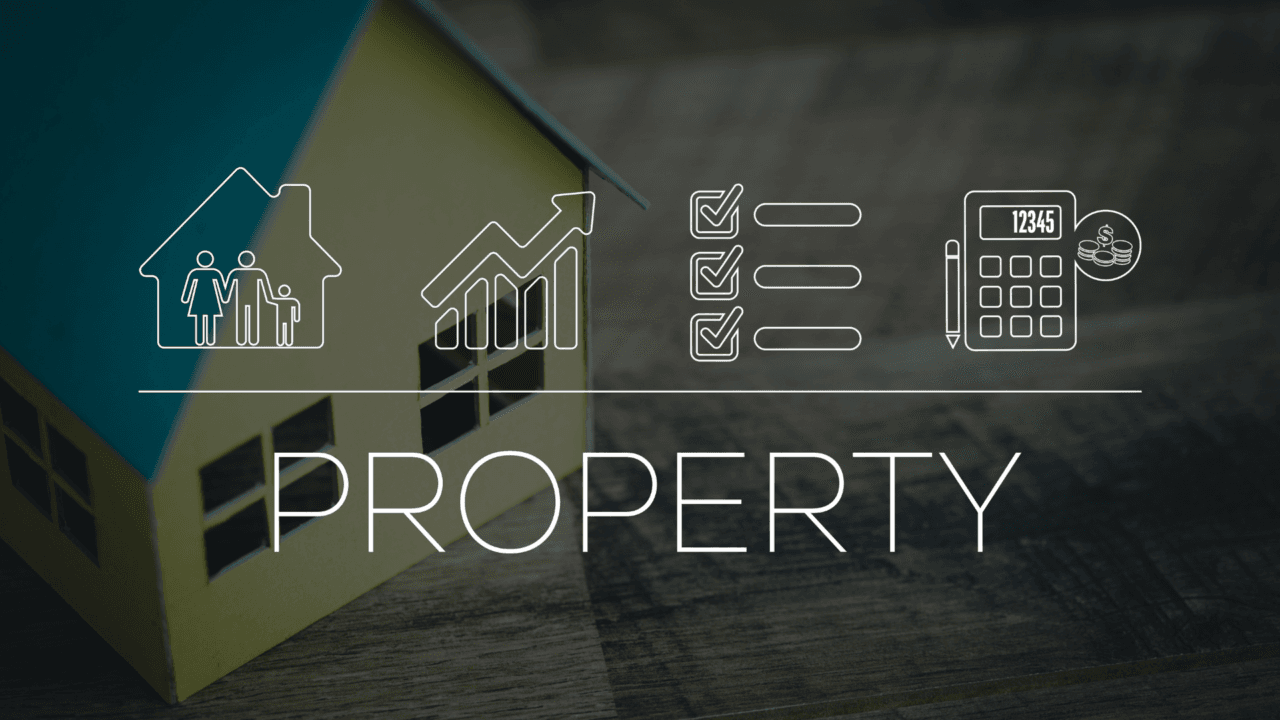What Type of Property Should You Buy First?
A No-Nonsense Guide

Choosing your first investment property is one of the most important decisions in your investment journey. With so many options — house or apartment, new or established, metro or regional — it’s easy to feel stuck.
There’s no single best answer for everyone, but there is a right answer for your personal situation. The key is understanding how different property types align with your goals.
Start With Your Investment Objectives
Before you explore specific property types, take a step back and consider what you’re aiming to achieve.
Do you want:
Clarity on your investment strategy makes the property selection process far more focused and effective.
New vs. Established Properties
New Properties — such as completed townhouses, house-and-land packages, or off-the-plan homes — offer a range of benefits:
Some investors may question capital growth in certain areas, but when location and product quality are well-matched, new properties can offer both solid rental returns and long-term potential.
Established Properties can appeal to investors looking for:
They do, however, come with higher upkeep and limited depreciation.
The takeaway?
New properties suit investors seeking efficiency, stability, and tax advantages — especially when chosen with a long-term outlook. Established homes may suit those looking for value-add opportunities or growth via renovation.
Houses vs. Apartments
This decision often depends on budget, market conditions, and your investment strategy.
Apartments and Townhouses:
Houses:
Both can work well — the key is selecting the right asset in the right location.
Let Location Guide the Decision
No matter what property type you choose, location will play a significant role in performance.
Look for areas with:
A well-positioned new build may outperform a poorly located established home — and vice versa.
Don’t Overthink It — Focus on Momentum
Many first-time investors fall into the trap of over-analysing every decision. In reality, the most important thing is to take the first step with a clear plan.
Look for a property that:
Your first investment doesn’t have to be perfect — it just needs to move you forward.
Let’s Make the First Step Count
Still not sure what to buy or where to start? We help investors match their goals to the right property strategy — whether that means new, established, house, or townhouse — and ensure every decision is backed by experience and data.
Disclaimer: This article is for general information only and does not constitute financial advice. You should seek advice from a qualified professional before making any property or investment decisions.